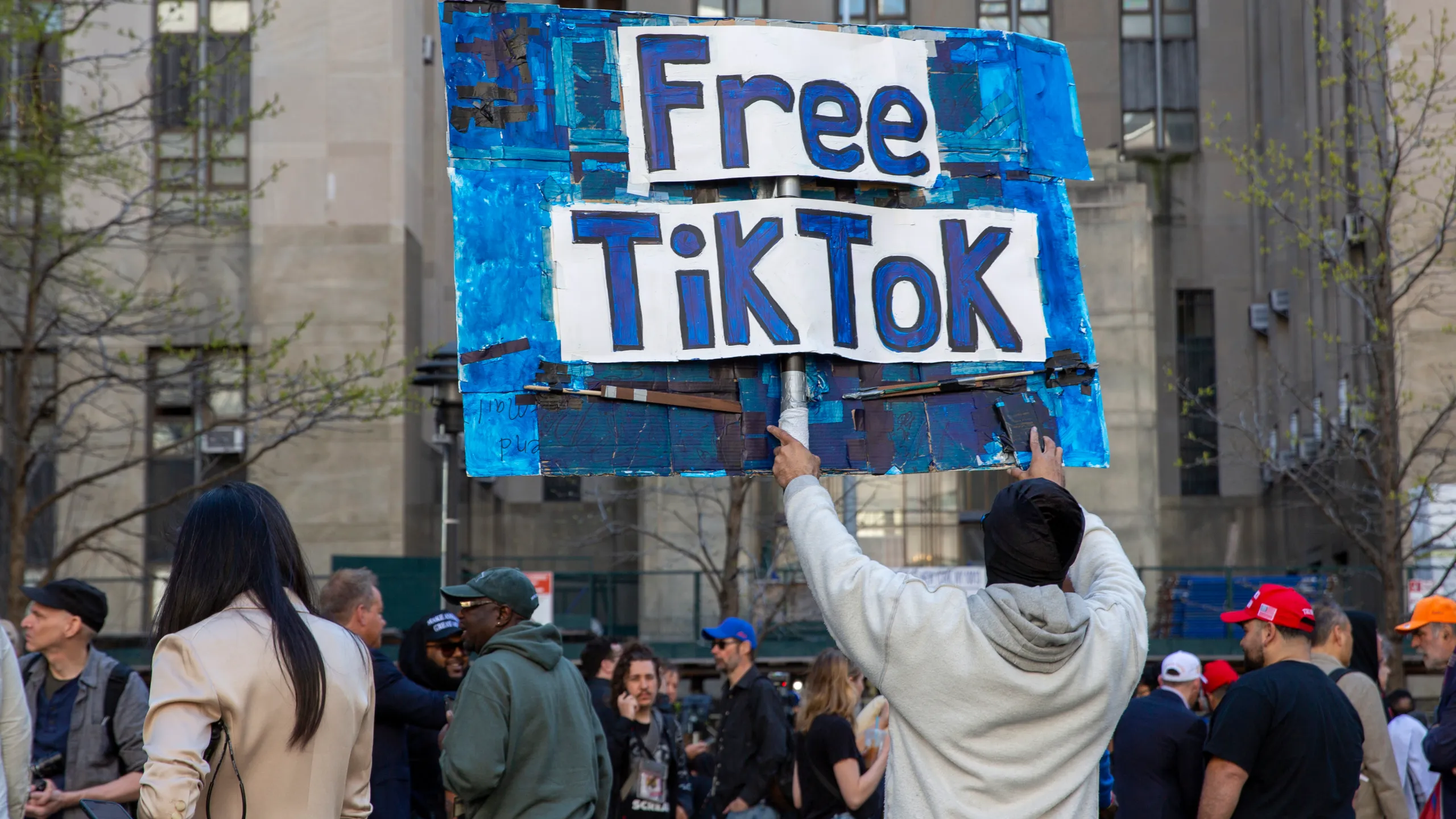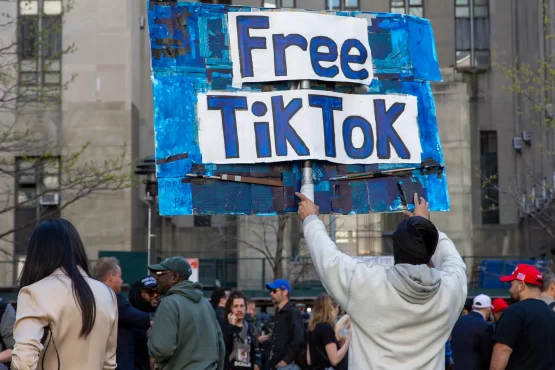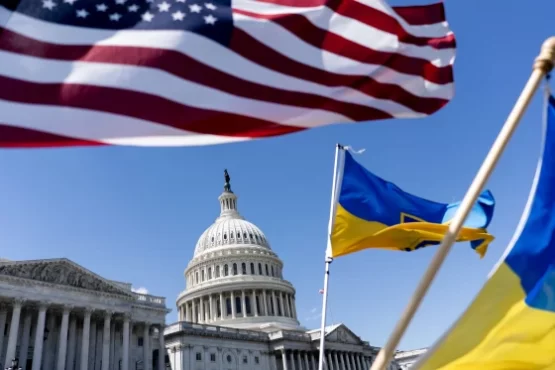TikTok has reiterated its free-speech concerns about a bill passed by the House of Representatives that would ban the popular social media app in the U.S. if Chinese owner ByteDance does not sell its stake within a year, Reuters reported on Sunday.
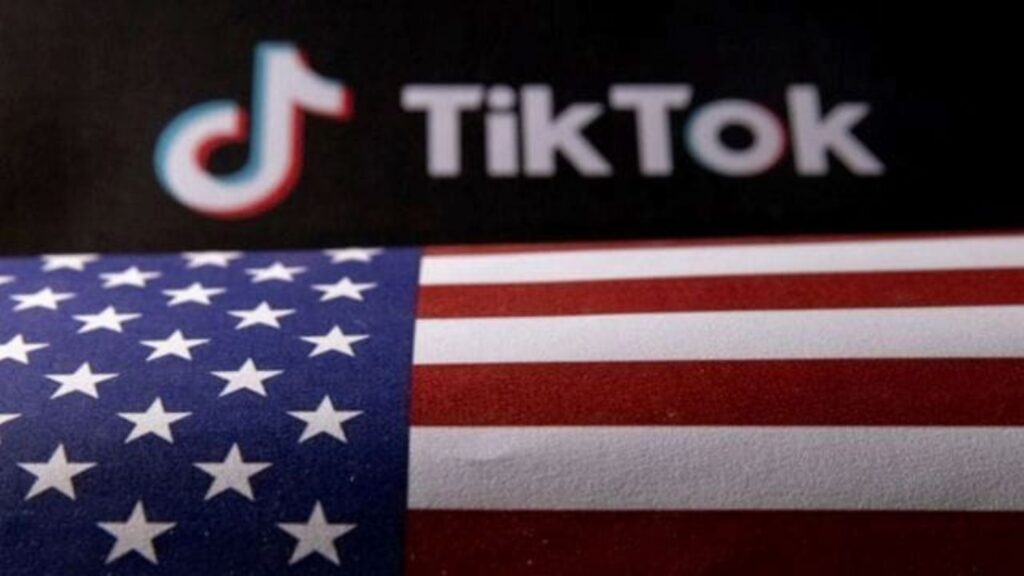
The legislation, which passed the House on Saturday by a margin of 360 to 58, now moves to the Senate, where it could be taken up for a vote in the coming days. President Joe Biden has previously stated that he would sign the legislation on TikTok.
Many U.S. lawmakers from both the Republican and Democratic parties, as well as the Biden administration, argue that TikTok poses national security risks because China could compel the company to share the data of its 170 million U.S. users.
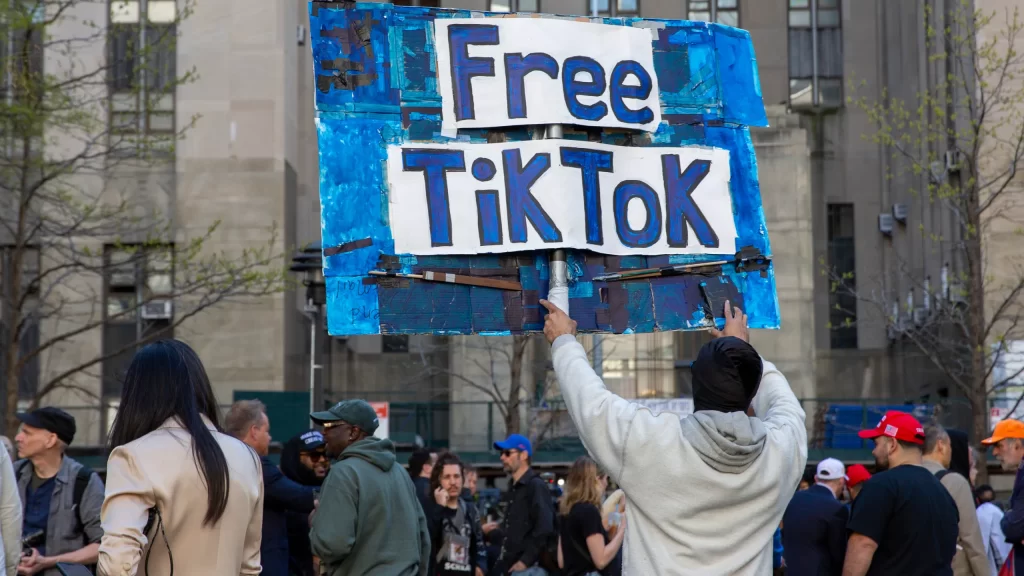
TikTok released a statement saying, “It is unfortunate that the House of Representatives is using the cover of important foreign and humanitarian assistance to once again jam through a ban bill that would trample the free speech rights of 170 million Americans.” The company had previously criticized a similar bill that stalled in the Senate, calling it an act of censorship.
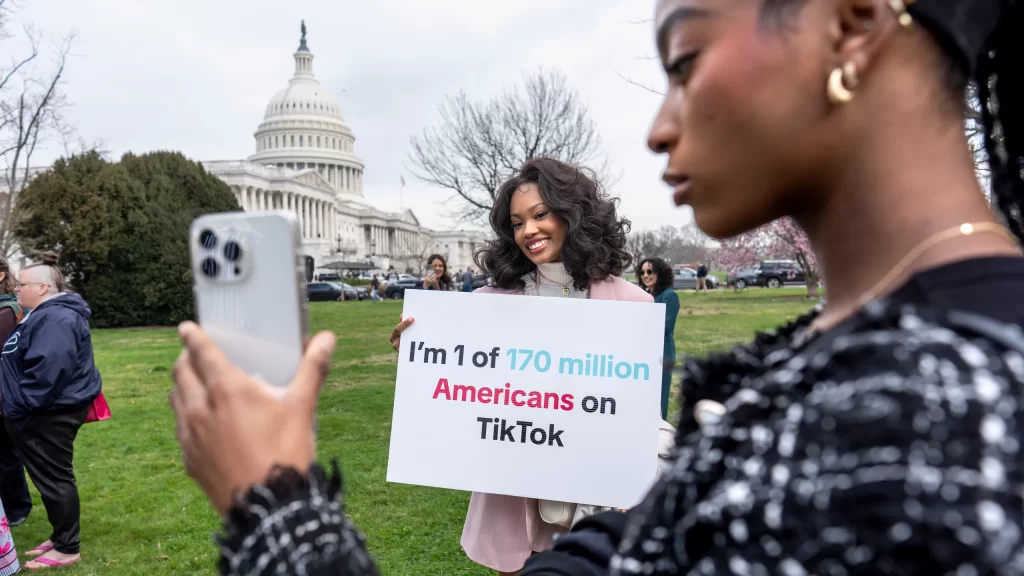
The American Civil Liberties Union has also opposed the House bill on free speech grounds, while the Knight First Amendment Institute at Columbia University argued that the bill has “no real pay-off” because China and other U.S. rivals could still buy Americans’ data from brokers and engage in disinformation campaigns using U.S.-based social media platforms.
Some Democrats have raised free speech concerns over a ban and instead called for stronger data privacy legislation. Representative Ro Khanna expressed doubts that a TikTok ban would survive legal scrutiny in court, citing the Constitution’s free speech protections.
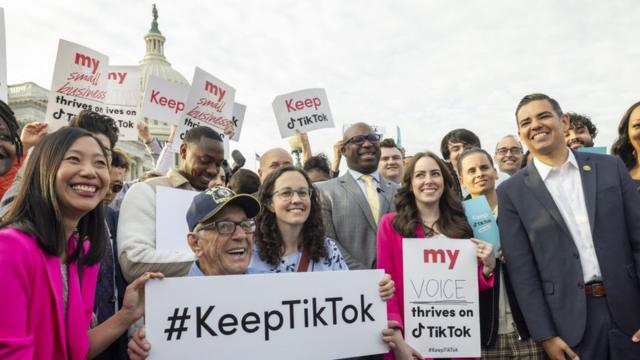
The House voted on March 13 to give ByteDance about six months to divest the U.S. assets of TikTok or face a ban. The latest legislation passed on Saturday gives a nine-month deadline that could be extended by three months if the president determines progress toward a sale.
TikTok was also a topic of conversation in a recent call between Biden and Chinese President Xi Jinping, with Biden raising concerns about the app’s ownership.
Credit: Reuters

